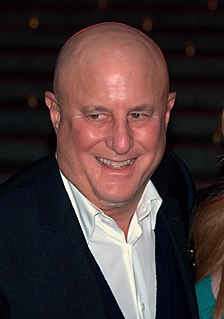A Quote by Raymond Queneau
It is the creator of fiction's point of view; it is the character who interests him. Sometimes he wants to convince the reader that the story he is telling is as interesting as universal history.
Related Quotes
The Christian religion is derogatory to the Creator in all its articles. It puts the Creator in an inferior point of view, and places the Christian devil above him. It is he, according to the absurd story in Genesis, that outwits the Creator in the Garden Eden, and steals from Him His favorite creature, man, and at last obliges Him to beget a son, and put that son to death, to get man back again; and this the priests of the Christian religion call redemption.
The ‘experimental’ writer, then, is simply following the story’s commands to the best of his human ability. The writer is not the story, the story is the story. See? Sometimes this is very hard to accept and sometimes too easy. On the one hand, there’s the writer who can’t face his fate: that the telling of a story has nothing at all to do with him; on the other hand, there’s the one who faces it too well: that the telling of the story has nothing at all to do with him
It's often hard to determine, especially in early drafts, whether or not a story has a bona fide complication. Remember this: A complication must either illuminate, thwart, or alter what the character wants. A good complication puts emotional pressure on a character, promoting that character not only to act, but to act with purpose.If the circumstance does none of these things, then it's not a complication at all - it's a situation. This situation, or setup, might be interesting or even astonishing, but it gives the story no point of departure.
Perhaps the community you mentioned might not come to the story. Sometimes you have to take the story to them, and perform it, and that's another way that I get an alternate point of view that isn't the official version of history out to a community. I feel that's what I've been doing since Caramelo.
One of the most beautiful things about 'Game of Thrones' is it's told from so many different points of view, and these characters can convince you that what they're doing is right. But they're only showing you a bit of the picture, and when you see it from another character's point of view you may switch allegiances.







































